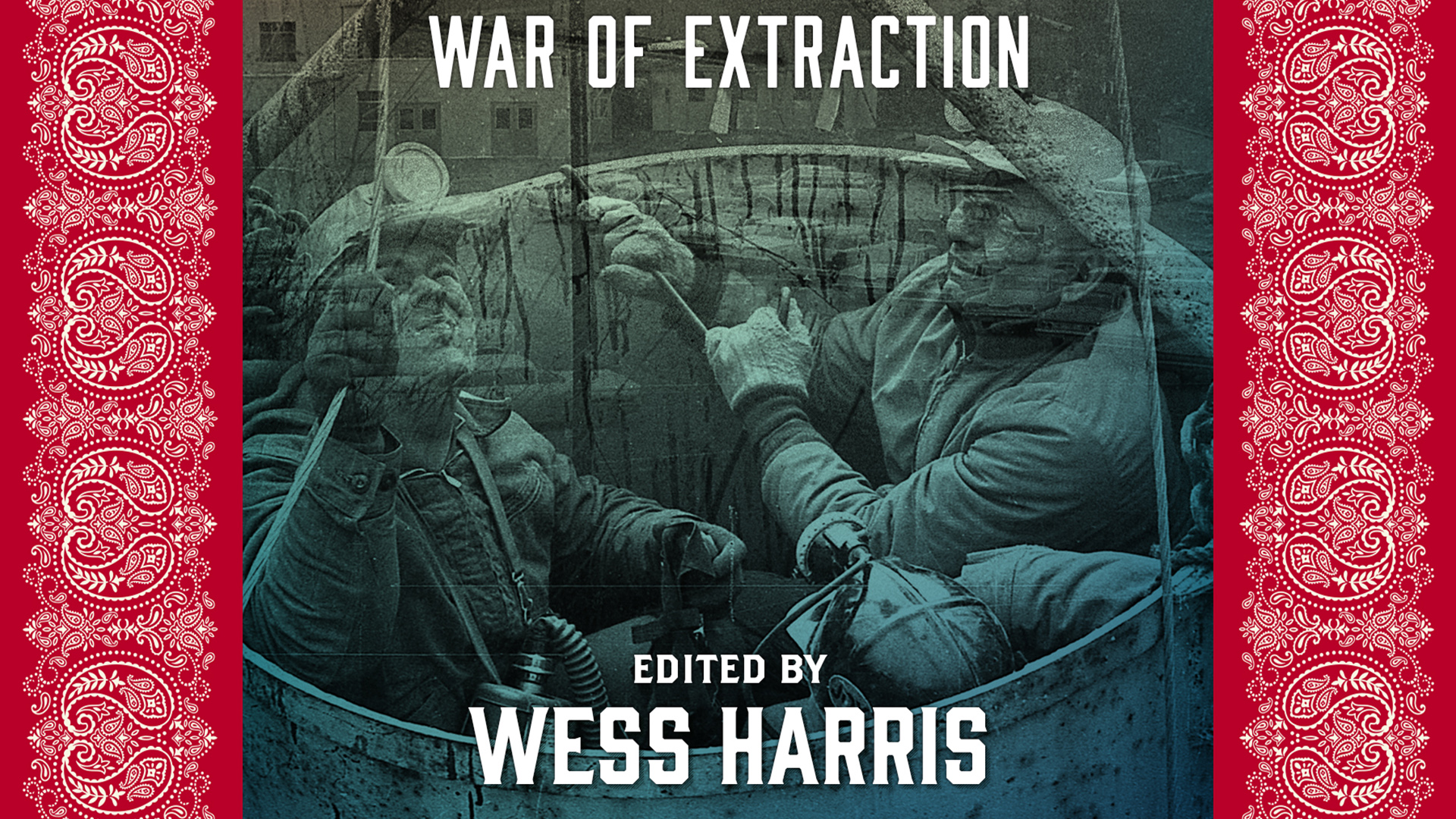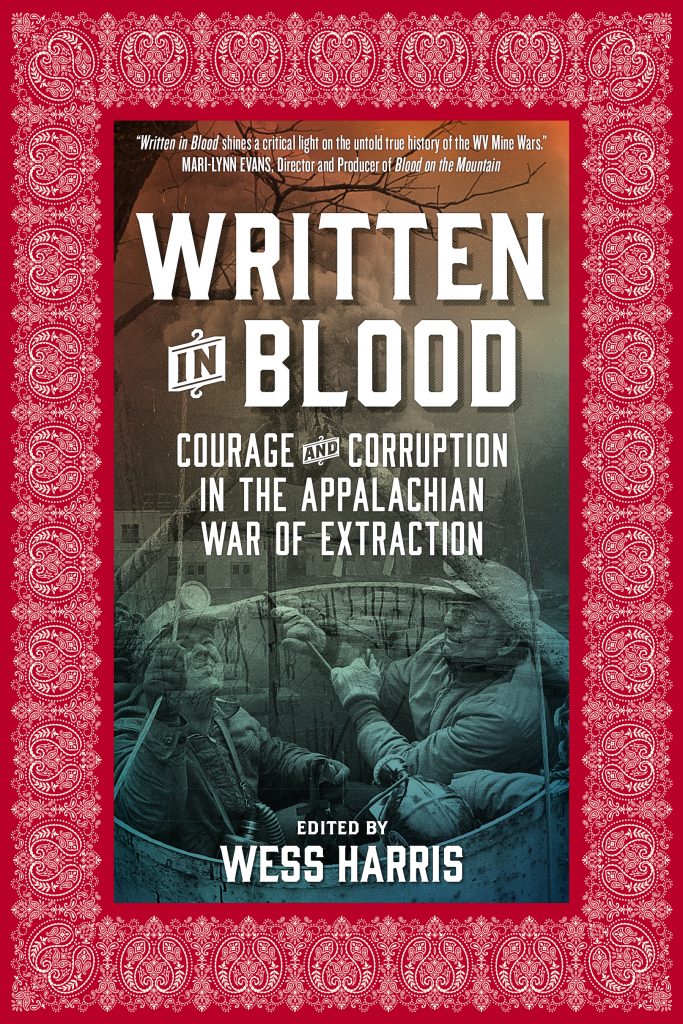By George Brosi
Publishers Weekly
October 2017
This slender but powerful anthology from labor historian Harris (with William C. Blizzard, When Miners March) relates a people’s history of conflict between mining companies and the workers of Appalachia from the late 19th century to early 20th century. The collection draws on an eclectic array of sources, including the folk songs of Sarah Ogan Gunning, who calls for miners to “sink this capitalist system into the darkest pits of hell”; interviews with a whistle-blower, a miners’ defense lawyer, and miners’ families; and a reproduction of a pamphlet on the 1921 Battle of Blair Mountain produced by the coal operator’s union. The book is especially strong on gender issues, such as the exploitation of young “comfort girls” in remote mining camps and the Esau scrip system, in which the wives or widows of miners exchanged sex for the ersatz money used at the company store. Some of the Appalachian history here is well established, but the book offers invaluable insight into organized labor’s power in one of America’s most dangerous industries, the collusion of state power and big business, and the resilient spirit of miners and their families. Examining the region’s history and future prospects, Harris’s volume offers deeply researched and ethically sound perspectives on an industry that has become a 21st-century political flash point.







